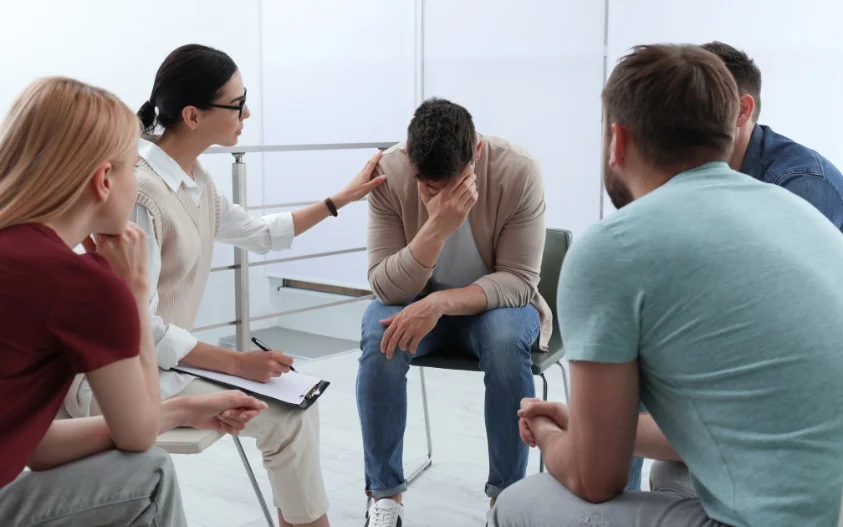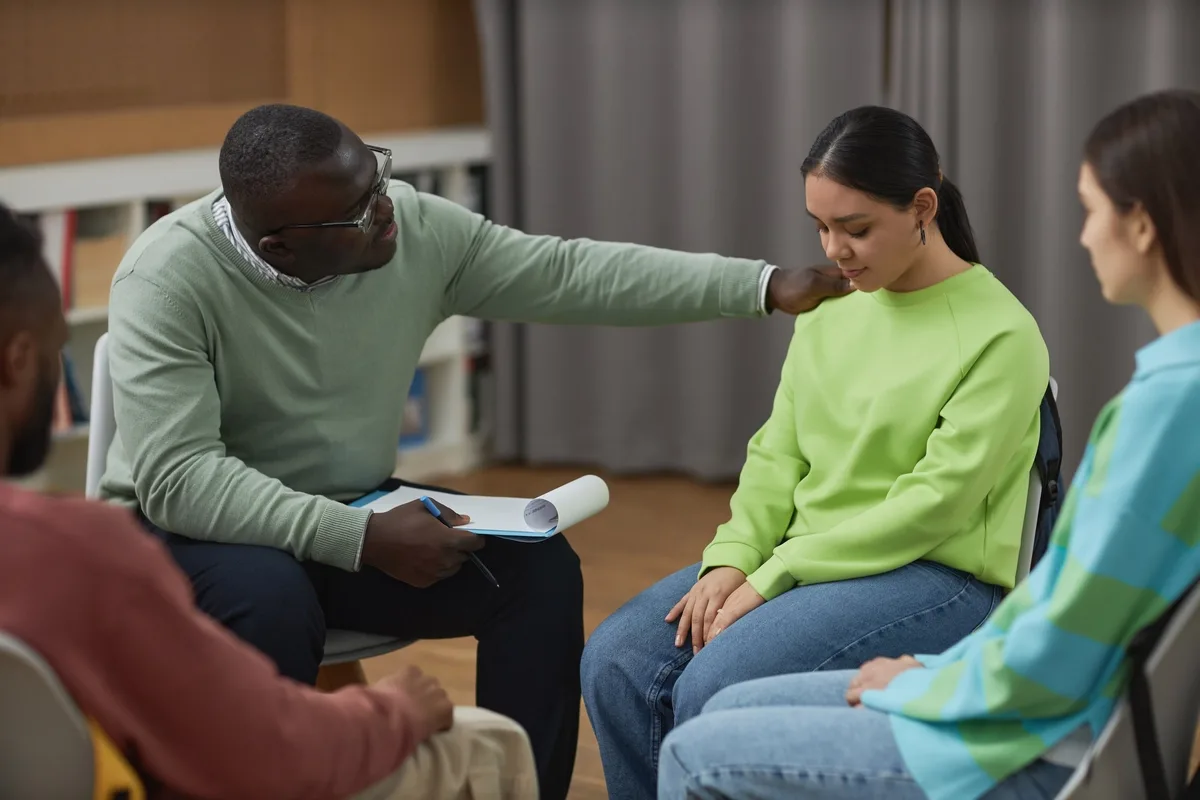offers a unique and essential service in the landscape of mental health and addiction treatment. These specialized rehab centers focus on providing comprehensive care to individuals affected by Post-Traumatic Stress Disorder (PTSD), which often coincides with substance use disorders. The types of addiction treated at these centers vary, often including drugs such as opioids, stimulants, and alcohol, each contributing to deteriorating mental health. The treatment approach is multifaceted, utilizing evidence-based therapies like cognitive behavioral therapy (CBT), eye movement desensitization and reprocessing (EMDR), and group therapy, among others. This holistic strategy aims to address both the psychological aspects of PTSD and the addictive behaviors that may arise as a coping mechanism. Doing so underscores the importance of rehab centers in facilitating recovery, offering a supportive community, professional guidance, and long-term aftercare. Historically, the development of PTSD treatment facilities in Reedsville reflects broader national trends acknowledging the significance of mental health care, highlighting increased diagnosis rates and an urgent need for specialized rehabilitation solutions. The impact of these centers cannot be overstated, as they provide critical resources for healing, contributing to improved quality of life and fostering resilience among individuals struggling with trauma and addiction.
Learn more about PTSD Treatment centers in Reedsville




















































